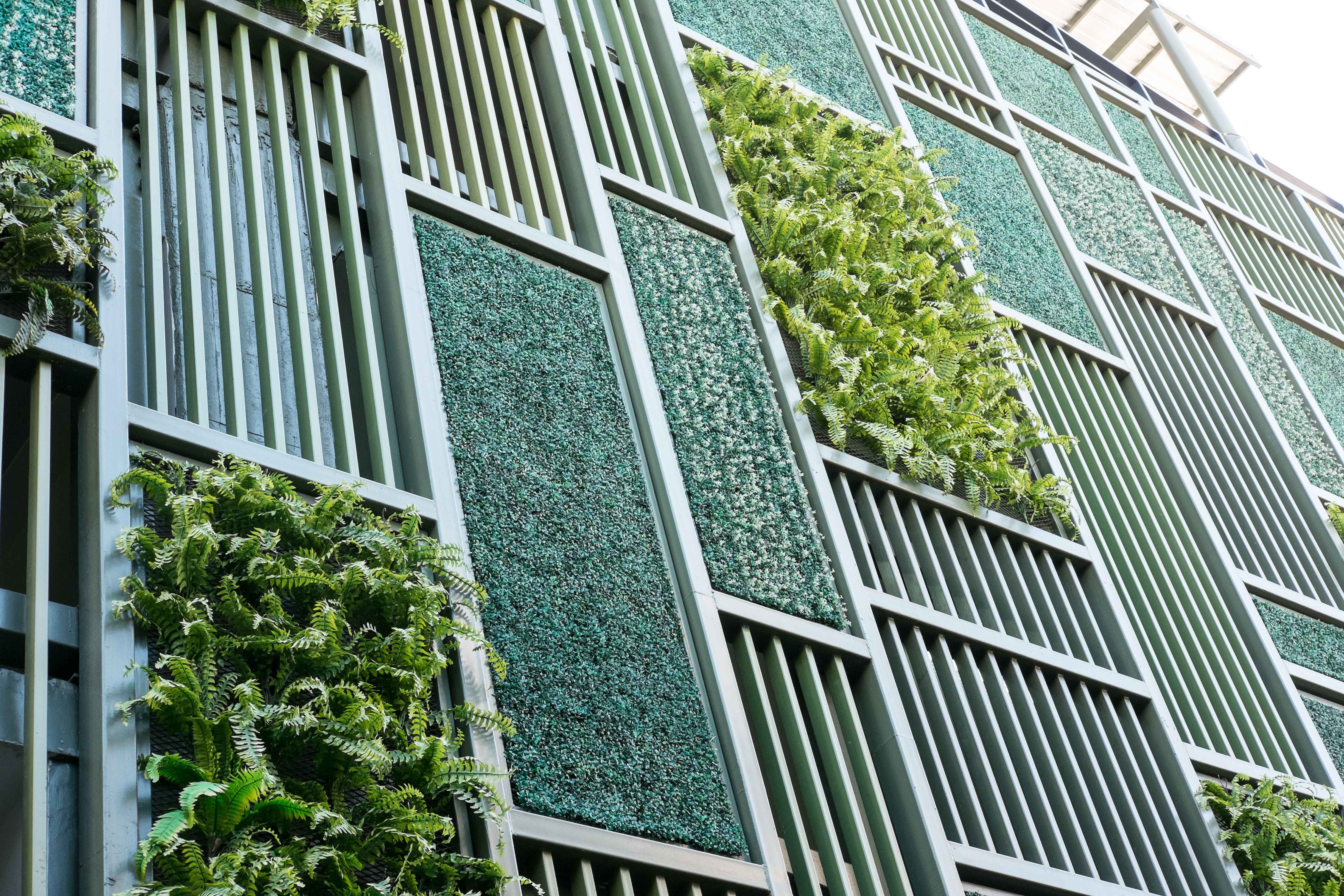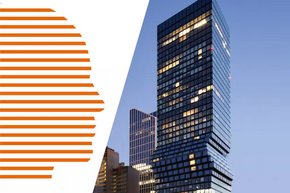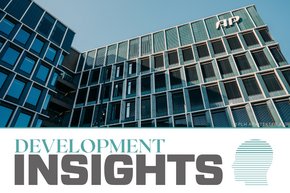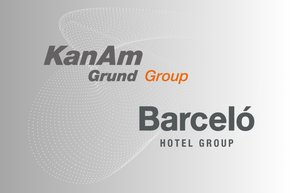
Take responsibility for
Sustainable real estate is the future.
We have been doing this for a long time.
Selecting and developing real estate with a focus on environmental, economic and socio-cultural factors: we take this approach to harmonise the interests of our investors with sustainable development. We also recognised early on where the regulation was heading. That is why we are hands-on and actively assume responsibility.
Our qualified ESG team has been working for years on the development and implementation of sustainability strategies. The focus is on sustainability aspects that bring real added value – both environmentally and economically. We thoroughly examine all activities with respect to their impact on the environment, buildings, tenants and investors. This extends to individual components: As a rule, we take into account CO2 emissions during production, transportation, installation, use and disposal, based on the cradle-to-cradle principle.
"For us, acting sustainably and taking responsibility for the investment success of our investors are inextricably linked."
Olivier Catusse, Managing Partner/CEO

Sustainable development of properties and portfolios
We continue the targeted development of the real estate portfolios we manage. In the case of special funds, for example, with a view to the interests of institutional clients and the requirements of ESG regulation.
Further developing green real estate solutions
Managing real estate and portfolios from a big-picture perspective: This is where investors can draw on our service catalogue of comprehensive green real estate solutions. We develop and implement tailored ESG strategies for investors and asset holders—practical, compliant, and effective.
Actively taking responsibility
At selected investment locations, we specifically promote programmes that contribute to improving the quality of urban life. We have focused on two initiatives here.
Kids in the Cities
In Hamburg, Dresden and Stuttgart, we support associations that work on behalf of children and young people.


Art in Public
Making art a cost-neutral experience for everyone: With this aim in mind, we have been supporting the "Blickachsen" exhibition since 2015, which brings sculptures into public spaces in the Rhine-Main region.


Internationally
recognised standards
We are a member of:


Certification to international sustainability standards
Individual properties have the following standards:






